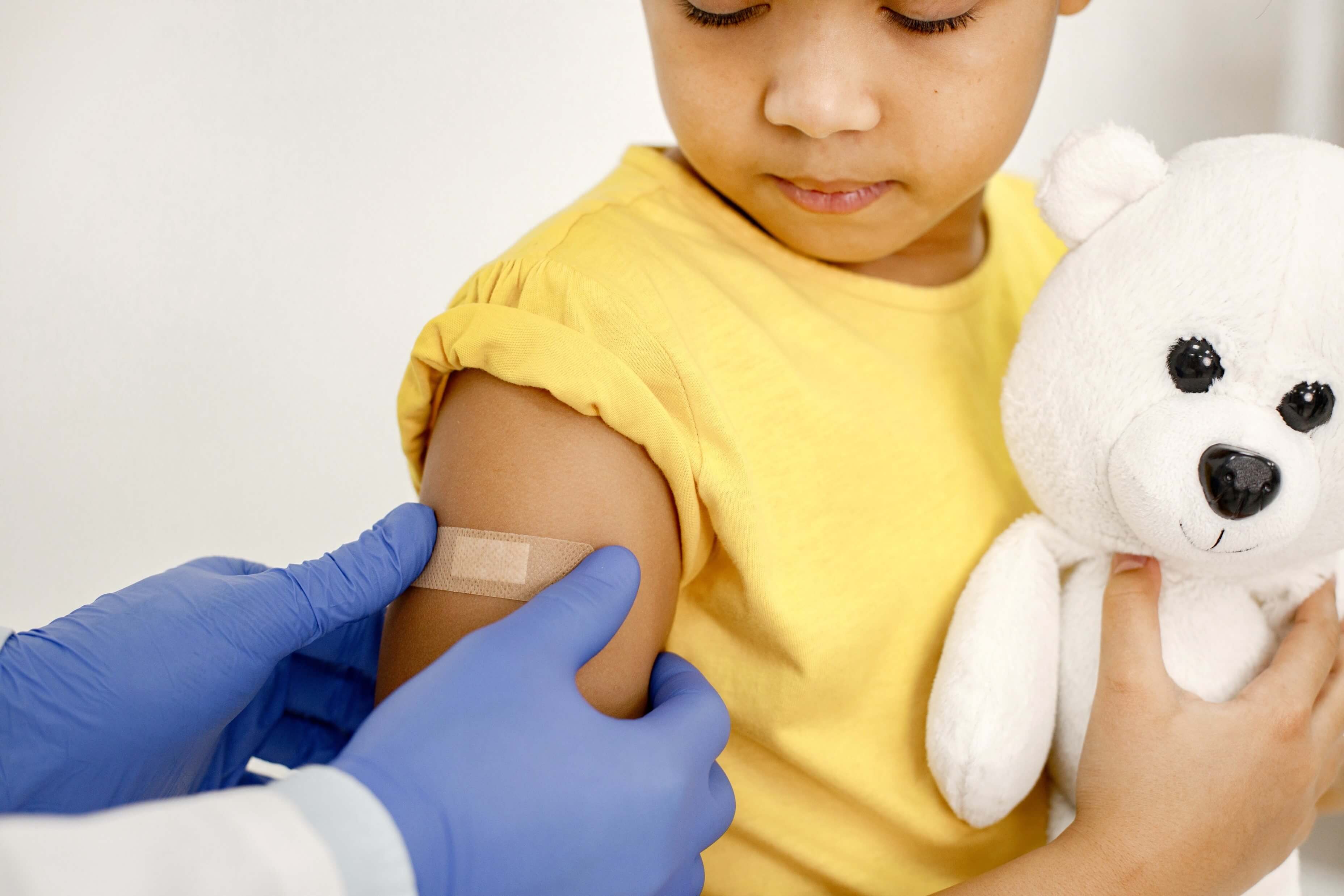Nurses strive to make sure that all parents are up to date on their children's routine vaccination schedule. Nurses have a fantastic opportunity to spread the word about the advantages of immunization and inspire people to keep their immunization records up to date in order to safeguard themselves against infectious diseases. Let's examine the critical function that nurses play in the immunization process and how they can motivate parents to get their kids ready for the start of the new school year.
Communication
According to recent surveys, more than 74% of parents believe the vaccination recommendations made to them by pediatric healthcare professionals. Nurses play a crucial role in giving that advice and assisting parents in making decisions regarding their child's vaccinations because they are the first line of communication and care for the patient. It's critical for nursing professionals to stay up to date on immunization news, safety concerns, and new research showing the advantages of following vaccination schedules.
Health Education
A scientific education that emphasizes prevention and combines treatment is health education. Its goals are to give the audience a correct and thorough understanding of the illness, enhance people's capacity for self-defense, and make it possible for them to receive efficient care in social situations. To establish a correct, uplifting, and self-improving ideology, people's physical and psychological characteristics are comprehensively and methodically shaped through health education. Health education plays a crucial role in vaccination care.
Safety
Safe handling and administration of vaccinations is a crucial additional role for nursing professionals in the immunization process. The effectiveness of vaccines is maintained in large part by using proper storage techniques. It is necessary to adhere to the expiration dates and storage temperatures. Additionally, it's critical for nurses to keep up with developments in vaccine administration. The need for intramuscular administration as opposed to subcutaneous administration, etc., must be taken into consideration in order to prevent any potential adverse reaction to a vaccine.
Care for vaccinations
Vaccination care is the routine education of healthy patients about the disease, how to treat it, and how to develop positive coping mechanisms. Physical examinations on a regular basis help identify issues and solve them quickly. A good vaccination care example is hydration. Both before and after your vaccination, staying hydrated is crucial. Muscle aches, exhaustion, headaches, and fever are some of the most typical adverse reactions to vaccinations. Not only will staying hydrated keep you from getting sick, but it may also lessen the severity and length of any side effects.
Follow-Up
The identification and treatment of anaphylaxis should be a routine practice for any nurse who administers vaccines. In the busy clinical setting of today, it might be tempting to let volume and efficiency dictate how recommended vaccinations are administered. For the patient receiving the vaccination, this level of effectiveness may present challenges. The CDC suggests keeping an eye on the patient for at least 15 minutes following vaccination.
For the sake of safeguarding the public's health, nurses must have access to the most recent information and research on a variety of health issues. It is crucial that nurses are aware of the new vaccines that are on the market because there is a wealth of important information about them that has been published by medical professionals, researchers, and other experts from around the world.
Connect with your co-nurses and nurse employers here










